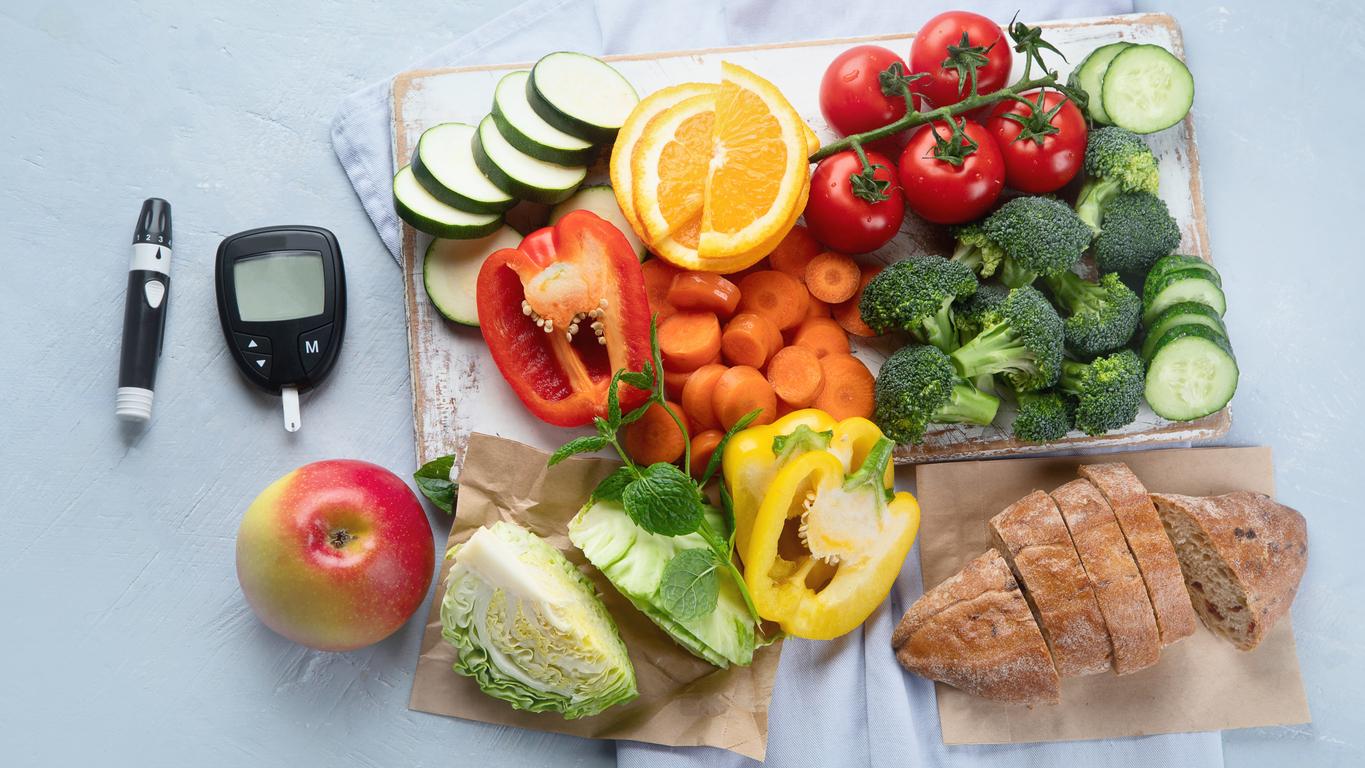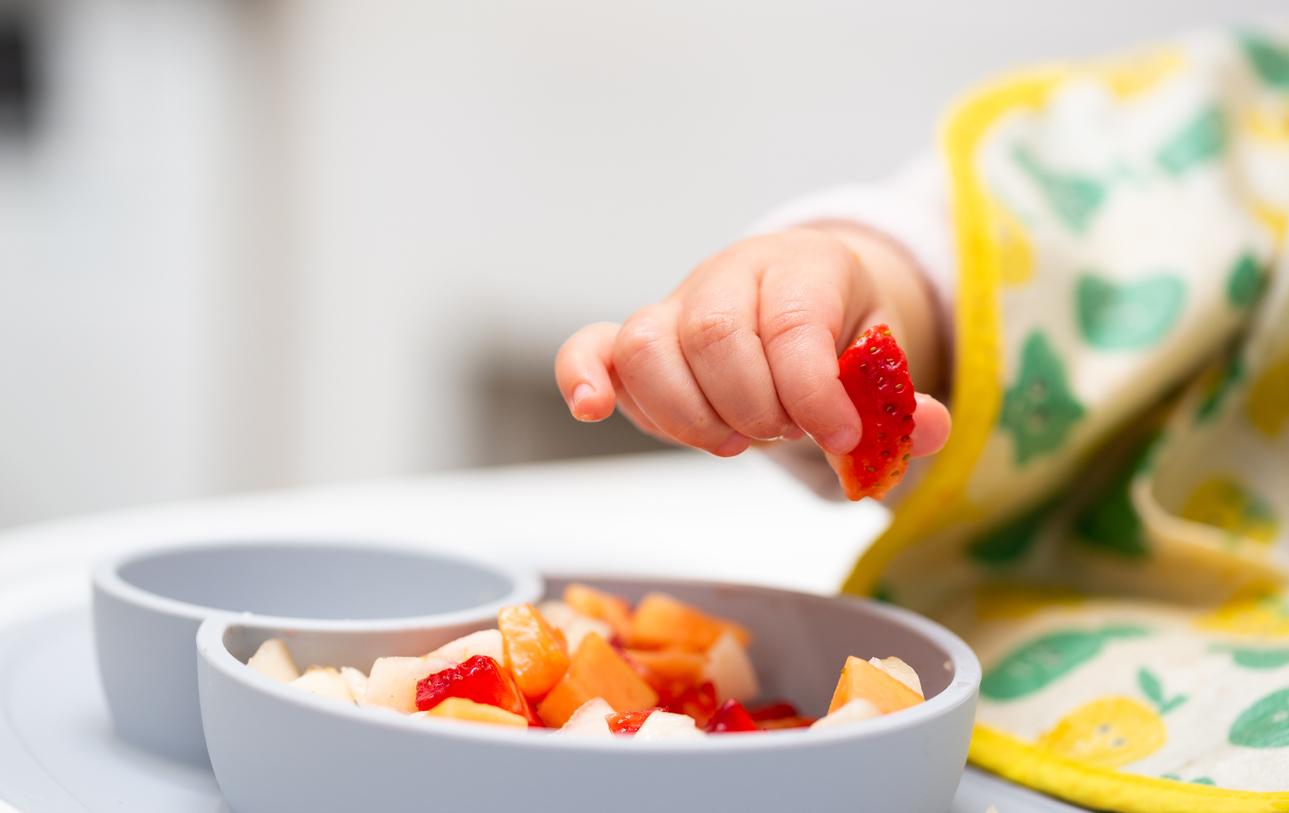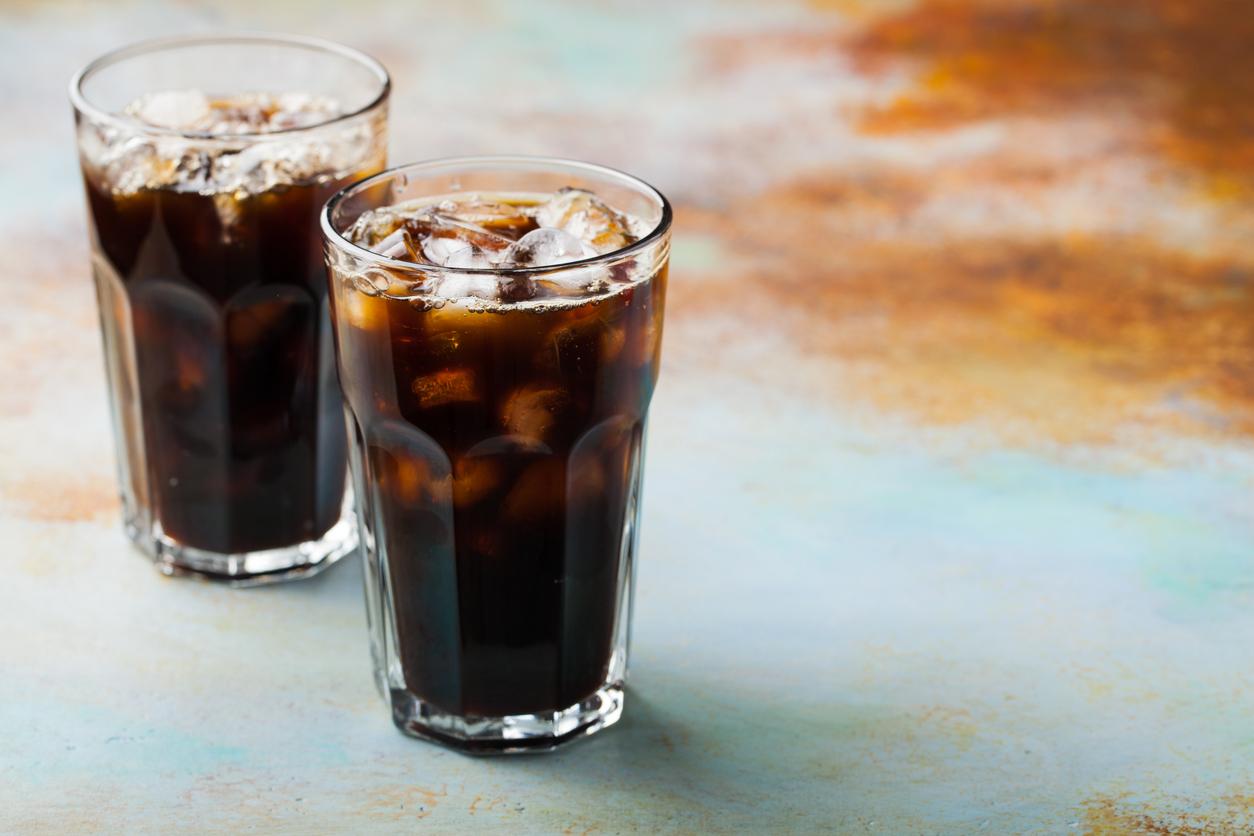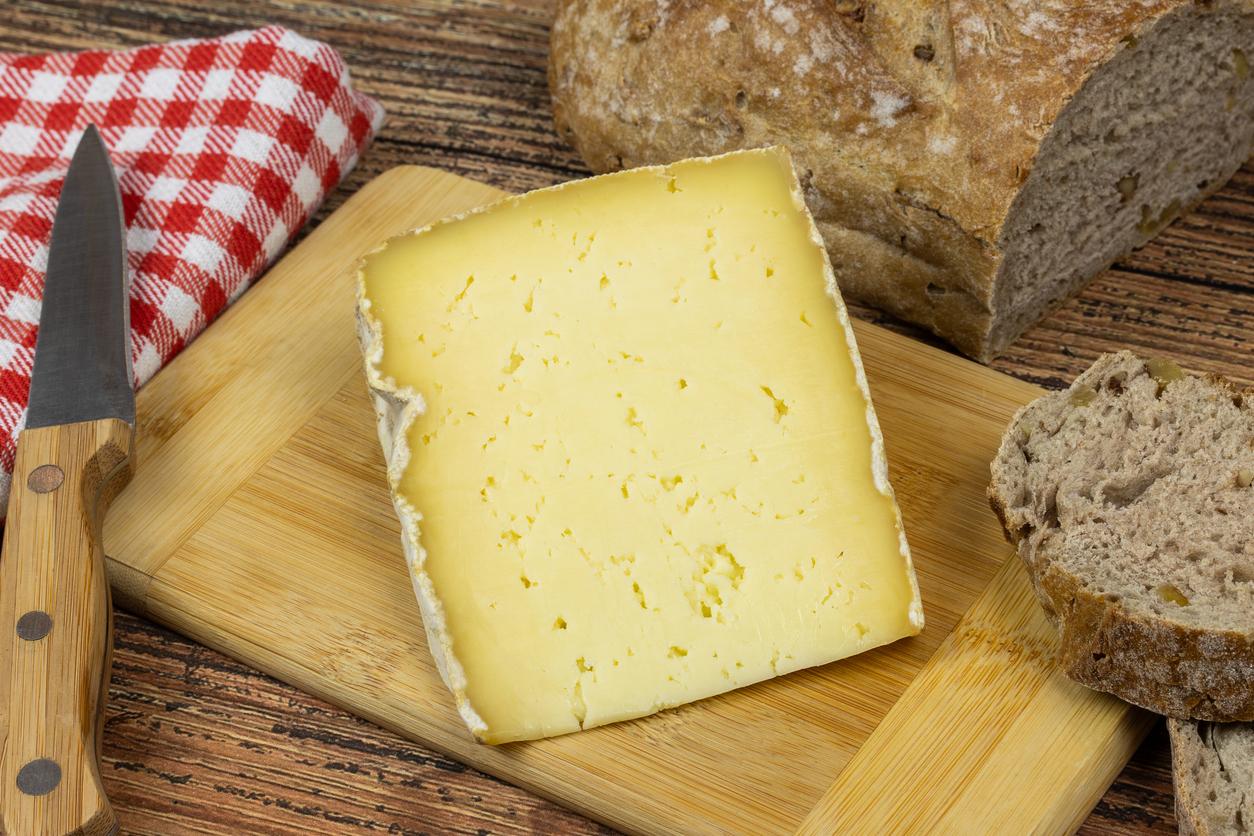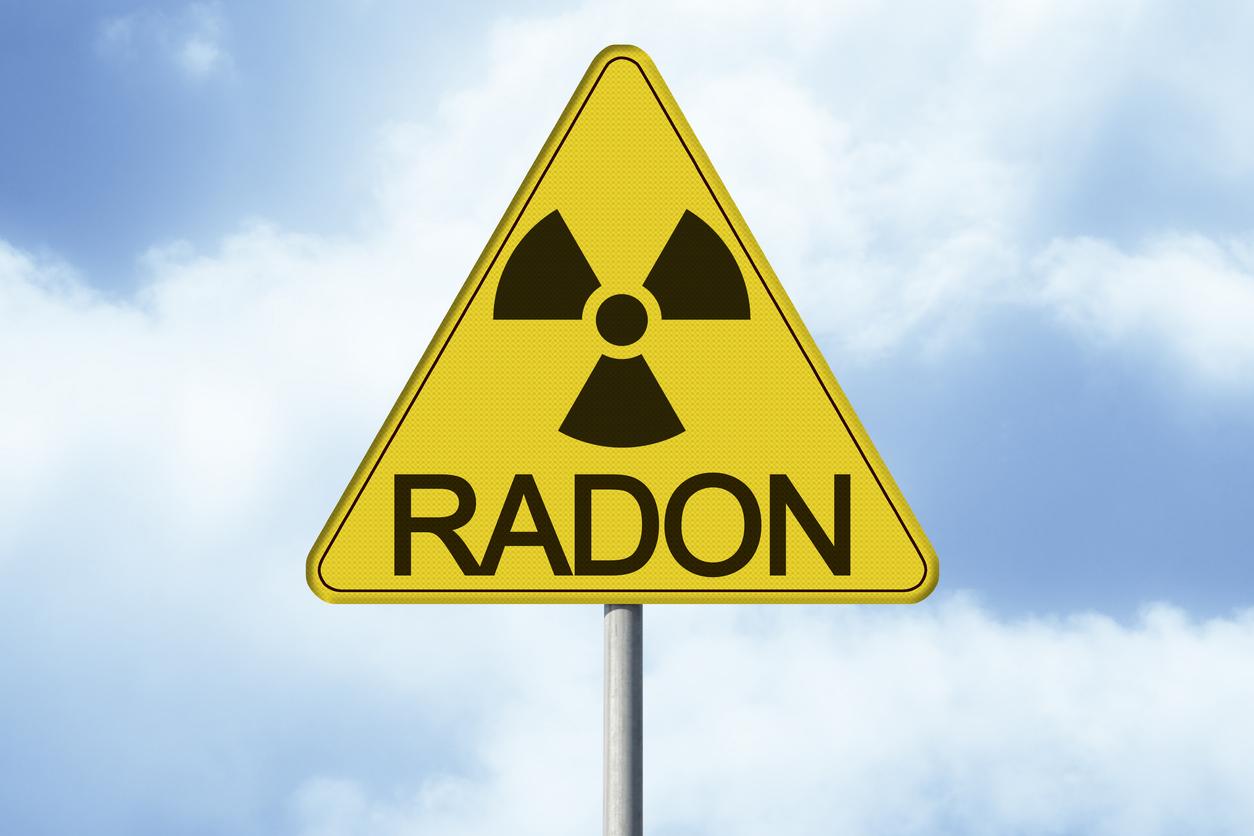Limiting exposure to environmental contaminants: this is the spirit of the latest advice on daily dietary guidelines, published by the Haut Conseil de la Santé Publique.
![]()
Pesticides, heavy metals, endocrine disruptors… Our daily diet is far from spared from contaminants. How to limit health risks? the High Council of Public Health (HCSP) answers this question with a detailed opinion, published on March 27.
In a complete table, it guides consumers while respecting national recommendations. The message is clear. The link between certain foods and chronic pathologies is proven. It is therefore necessary to vary the products.
Limit dried fruit
Five fruits and vegetables a day. The French know this refrain well. The principle is maintained. But the HCSP goes into detail: it is better to favor products from agriculture that limits the use of pesticides. Also, not all preparations are created equal.
Thus, the dose of fruit juice should not exceed one glass per day – even if freshly squeezed – and fruit in syrup is better if consumed without the syrup, which is very rich in sugar. Dried fruits must be in limited quantity and reserved for meals.
But the HCSP reminds us: the main thing is to consume fruits and vegetables. And this, even if they are frozen or canned.
No privilege for organic
Lentils, chickpeas and other legumes are included in a separate category. In fact, they should be eaten twice a week, at a minimum. But here too, cultivation methods that limit the use of pesticides are to be preferred. Without favoring organic: “It does not completely eliminate certain contaminants”, such as heavy metals, specifies the High Council. Organic is therefore a plus, rather than a rule.
The HCSP is even thinking of vegetarians and consumers who would like to limit their meat intake: legumes can serve as a substitute.
Avoid deli meats
As for animal proteins, the rule is simple: poultry and white meats have priority. 500 grams of red meat is the maximum limit per week. Cold cuts, in a separate category, are to be consumed in limited quantities, with a ceiling of 150 grams per week, or the equivalent of 2 to 3 slices of ham.
Fish, they are recommended up to 2 meals per week, including at least one oily fish. But it is important to vary the species and origins, in order to limit exposure to certain contaminants, including heavy metals.
Nuances in the dessert department
In the cereal department, the HCSP is clear: unrefined or wholemeal products are to be preferred. And breakfast cereals, often high in sugar, do not fall into this category. They are considered sweet products, which are exceptionally consumable.
Again, no exception for organic. “A fatty and/or sweet product, even organic, remains a fatty and/or sweet product”, summarizes the High Council. Cereals should be included in a daily meal. The possibilities are wide, since it includes rice, pasta or other unrefined preparations.
The nuance is also on the side of dairy products, recommended twice a day. The dose varies according to the products: 150 ml of milk, 125 grams of yoghurt, 30 grams of cheese. And so-called dairy desserts (dessert creams, chocolate mousse, rice pudding, etc.) do not count in this ranking. Again, they are part of the sweet products.
take time to eat
The HCSP clearly invites the French to cook their dishes and desserts rather than buying them ready-made. In fact, a homemade preparation reduces the intake of sugar, salt, fat but also preservatives and other products with questionable nutritional value.
Among the main rules set by the High Council: take the time to eat, buy local and seasonal products, but also and above all avoid restrictive diets. The opinion also takes into account the latest developments: it thus advises avoiding grilled products, on the barbecue for example.
.









